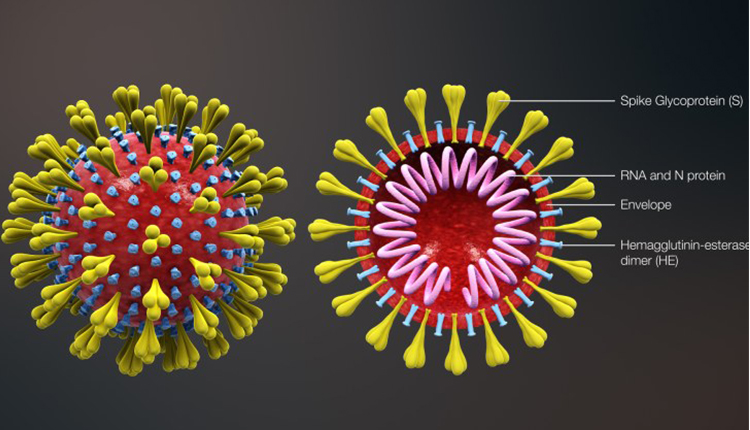Swiss pharma giant Novartis on Friday has cautioned that it is “too soon” to be sure whether two anti-malaria drugs could be the definitive vaccine for the coronavirus.
Novartis is one of the main producers of one of the two anti-malaria drugs, hydroxychloroquine.
Trump touted at a White House press briefing last week the two anti-malaria drugs as a “game-changer” in the global fight against the coronavirus pandemic, noting that they had shown “very, very encouraging results.″
Chloroquine is a decades-old drug that was approved by the Food and Drug Administration (FDA) in 1949 as a treatment for malaria. Its derivative, hydroxychloroquine, is normally used by doctors as a treatment for rheumatoid arthritis and lupus.
“With hydroxychloroquine, what we know is in pre-clinical studies, the drug is quite active against the coronavirus but these are, of course, not in human beings — not in patients,” Vas Narasimhan, chief executive of Novartis, has told CNBC’s “Squawk Box Europe” via video link on Friday.
“I do think it is too soon to know for sure until we have properly controlled randomised studies,” Narasimhan said.
“We hope over the next 18 months to two years, we can come back with a vaccine that will ultimately be the definitive way to deal with this pandemic.”
As of Friday, over 537,000 people across the world had contracted the coronavirus according to data compiled by Johns Hopkins University, with 24,110 deaths.
To date, there are no vaccines or treatments available for the flu-like virus. However, trials are underway to find drugs that could serve this purpose.
One of those trials are led by the University of Minnesota as it will test to see whether hydroxychloroquine can prevent or reduce the severity of the coronavirus.
